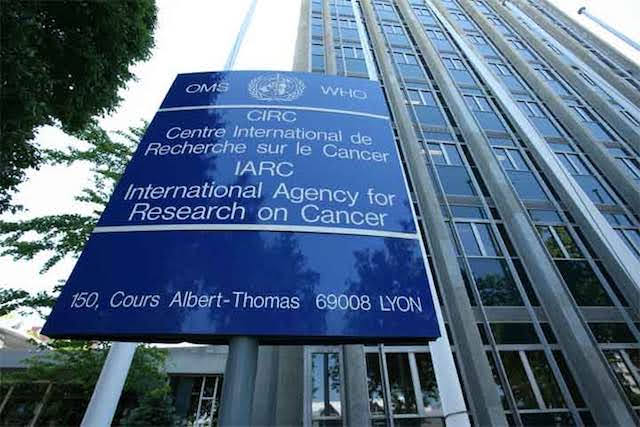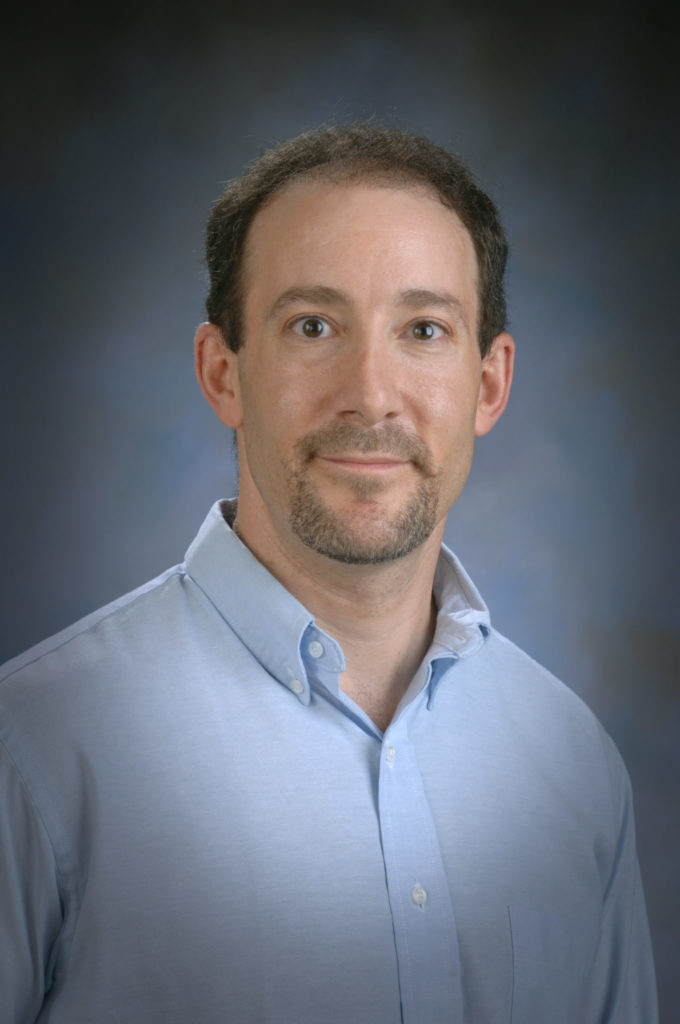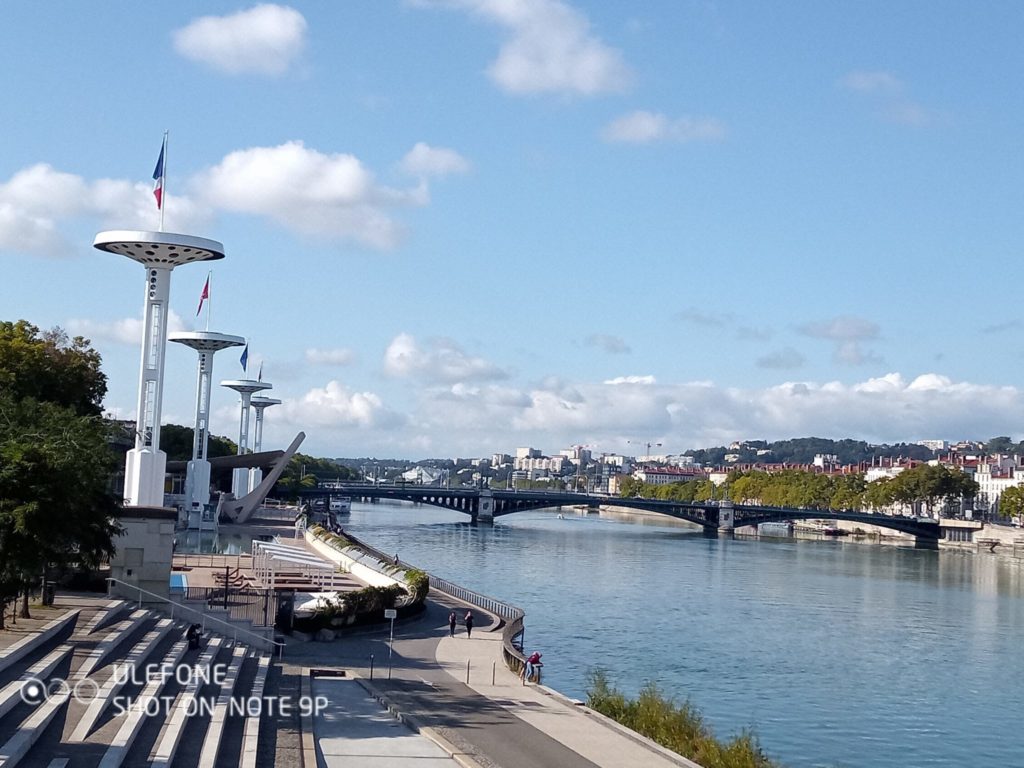
Brad Reisfeld, Chemical and Biological Engineering professor, is spending the year as a visiting senior scientist at the World Health Organization’s International Agency for Research on Cancer in Lyon, France.
As part of the Evidence Synthesis and Classification Branch, Reisfeld provides expertise in toxicological mechanisms to help evaluate the carcinogenic potential of environmental chemicals and other hazards to human health.
As chair of the Mechanistic Evidence subgroup and member of an international working group, he recently participated in an evaluation of the carcinogenicity of several industrial chemicals. These assessments will be published in Volume 130 of the IARC Monographs and appeared in summary form in The Lancet Oncology. The information in the monographs is used by health agencies internationally as scientific support for their actions to prevent exposure to potential carcinogens.
Engineering Source recently caught up with Reisfeld, who is a Fellow of the Academy of Toxicological Sciences and has a joint appointment in CSU’s School of Biomedical Engineering. His CSU research focuses on adverse health effects caused by environmental factors, mainly exposure to harmful chemicals.
Tell us a little more about what you mean by “provides expertise in toxicological mechanisms to help evaluate the carcinogenic potential of environmental chemicals and other hazards to human health.” Are you testing materials? What materials?

I am part of the Monographs Group of Evidence Synthesis and Classification Branch at IARC.
So, our branch does not gather data through our own lab work but synthesizes evidence from the literature so that, with an expert international panel, cancer hazards can be classified.
“The toxicological mechanisms to help evaluate the carcinogenic potential of environmental chemicals and other hazards to human health” refers to the fact that the group has a multidisciplinary approach: Some of the scientists have expertise in assessing how, and to what extent, humans are exposed to hazards, some are involved in characterizing epidemiological studies dealing with cancer, some are involved with data resulting from studies in animals, and others (including me) are involved in understanding the evidence related to the biological mechanisms by which a hazard may cause cancer.
You’re on sabbatical. What does it mean that a scientist from CSU is involved with the WHO? That seems pretty cool.
I would say that being appointed as a Visiting Senior Scientist at the WHO’s IARC (International Agency for Research on Cancer) increases visibility of CSU at the international level. It means that a CSU scientist is involved in interesting work that has implications for agencies around the world regarding setting policies related to cancer-causing hazards. It also means that there are opportunities for a CSU professor to work and interact with renowned scientists and form collaborations that will likely continue back at CSU.
How did you end up on this particular path? Why France?
In terms of the path, it resulted from some networking and the kindness of colleagues/friends. I was looking for an opportunity to be involved in some impactful work and was interested in an international experience. I reached out to a great colleague in France with whom I have collaborated, and he contacted several people on my behalf, one of whom was working at IARC. I spoke with this person at IARC and her group director on a video chat. They were extremely nice and the work seemed really challenging and interesting. Fortunately, aside from getting the visa, the process to get the position, though lengthy, was not too painful.

Any time for sightseeing? What are you enjoying about France?
My knowledge of French is ‘a work in progress’; however, I am enjoying meeting the people, seeing the historical sites in Lyon, visiting the markets, and taking advantage of the great food and wine. The people in my group at IARC are *super* friendly, smart, and helpful. Also, being part of WHO, the scientists and staff are very diverse, which I greatly appreciated. The weather this time of year is a little dreary, but my flat is in a vibrant area with lots of schools, a big open air market, and activity that brightens the scene.
Things at work have been very busy, but I have explored Lyon a fair bit. I haven’t toured outside of Lyon but have plans to visit cities in the west and north of France before the end of 2021. Once my wife arrives, the plan is to do as much sightseeing and gastronomical adventuring as possible.